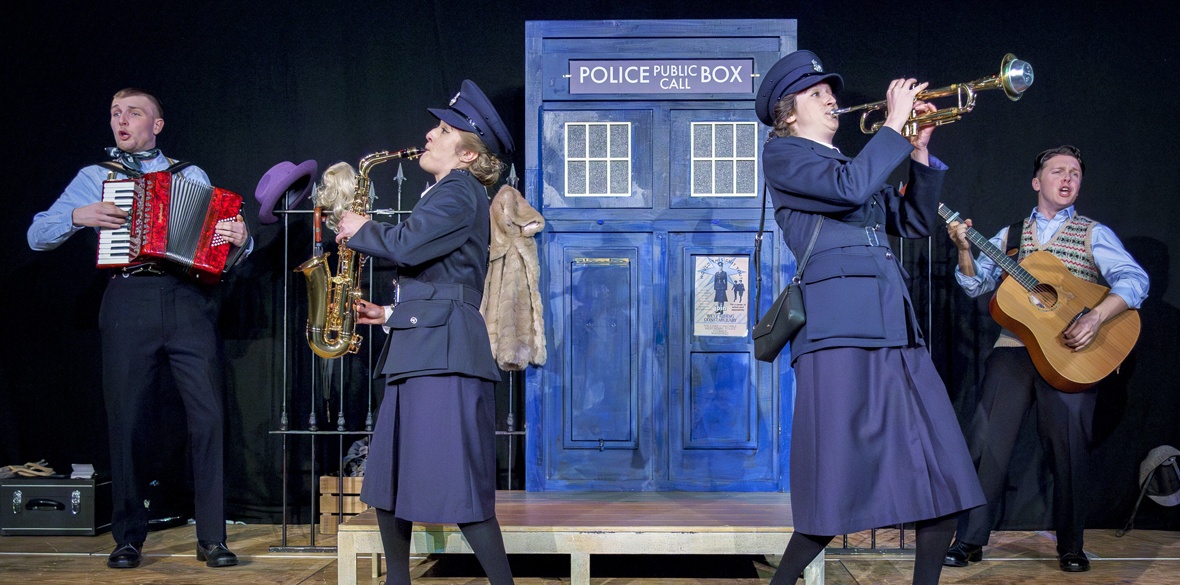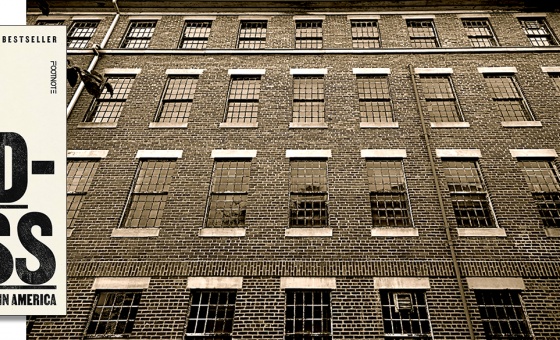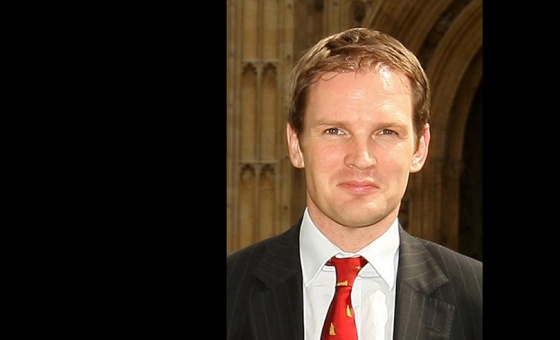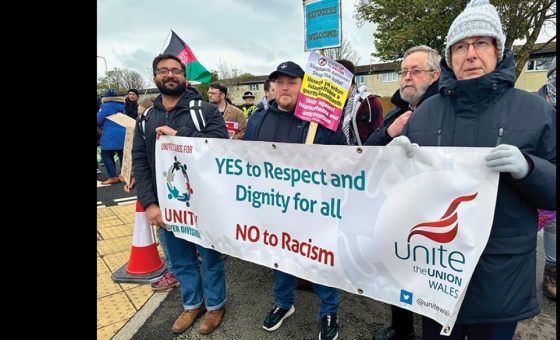This is the last article you can read this month
You can read more article this month
You can read more articles this month
Sorry your limit is up for this month
Reset on:
Please help support the Morning Star by subscribing here
A Force to be Reckoned With: Wetherby Whaler, Guiseley
INTIMATE community shows about big subject matters are something in which Mikron specialises, having previously tackled the suffragette movement and the NHS. An exploration of pioneering women in the police should be an easy win, especially at a time the force is under increasing scrutiny about institutional misogyny.
It’s therefore disappointing to find that Amanda Whittington’s A Force to be Reckoned With fails to arrest the audience’s attention.
The four-handed play centres on WPC Iris Armstrong (Hannah Baker), an eager-to-please new 1950s recruit who can quote passages of the law verbatim. Her dreams of walking the beat are challenged by the reality of typing and making drinks for her two male colleagues (Eddie Ahrens and Harvey Badger), until she teams up with ambitious and no-nonsense WPC Ruby Roberts (Rachel Hammond).
Assigned to any case involving women and children, jobs that men don’t want to do, the programme promises Cagney & Lacey, and Juliet Bravo. But the audience would be hard pressed to find reference to either of these TV shows, with interpersonal dynamics often being lost in detail that adds little value. An entire scene about the Police Benevolent Variety Show could be cut, and a throwaway secret about Armstrong is less grand reveal than underexplored background.
These feel even more irrelevant when it’s left to a single song to detail the future of women in the police, from “Firearms, Drug Squad, Special Ops / Open now to female cops.” The musical interludes in Mikron shows are often used effectively to drive forward the plot but while composers Amal El-Sawad and Greg Last tap into skiffle and music hall, Baker is the only cast member whose voice carries well.
The show has more success when it uses small moments to illustrate casual misogyny: the person who calls 999 and refuses to talk to “a telephonist,” not believing a woman can be a constable; recognition that women can be in the police and marry, until they realise they “can’t serve two masters”; and the assumption that Armstrong must know how to look after an abandoned baby just because she’s a woman. The cast, most of whom assume multiple roles, is also solid (although the outdated portrayal of a gay clairvoyant is regrettable).
There’s much to think about in this show but, ultimately, it feels like the subject is too big for the format that Whittington has chosen.
Touring until October 18 2023; details: mikron.org.uk











